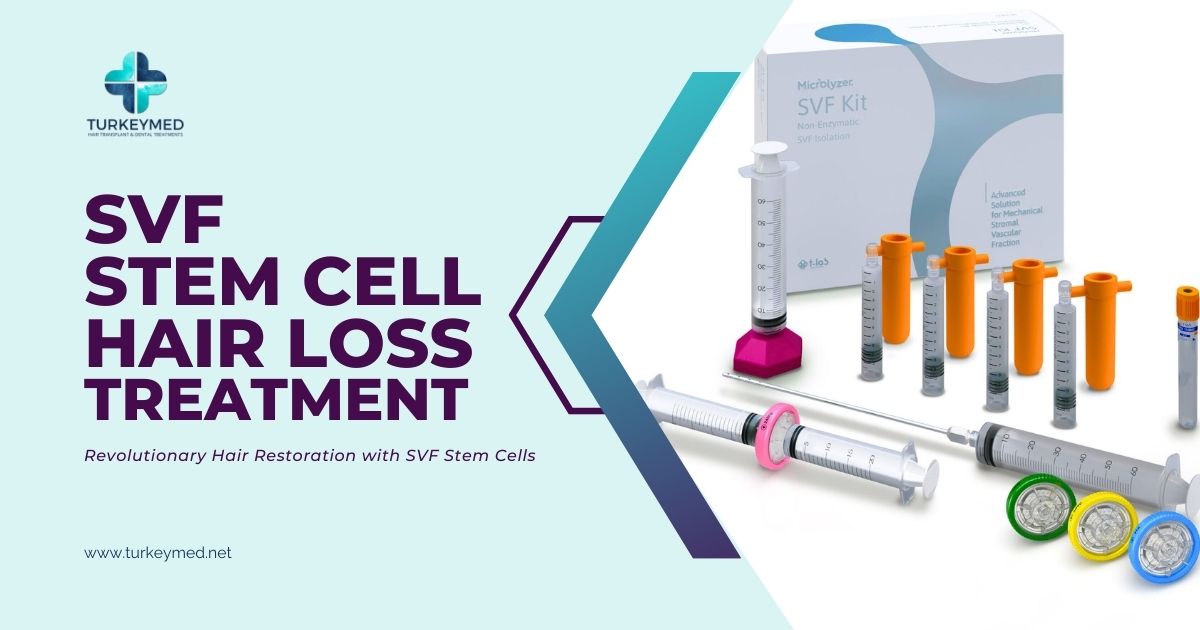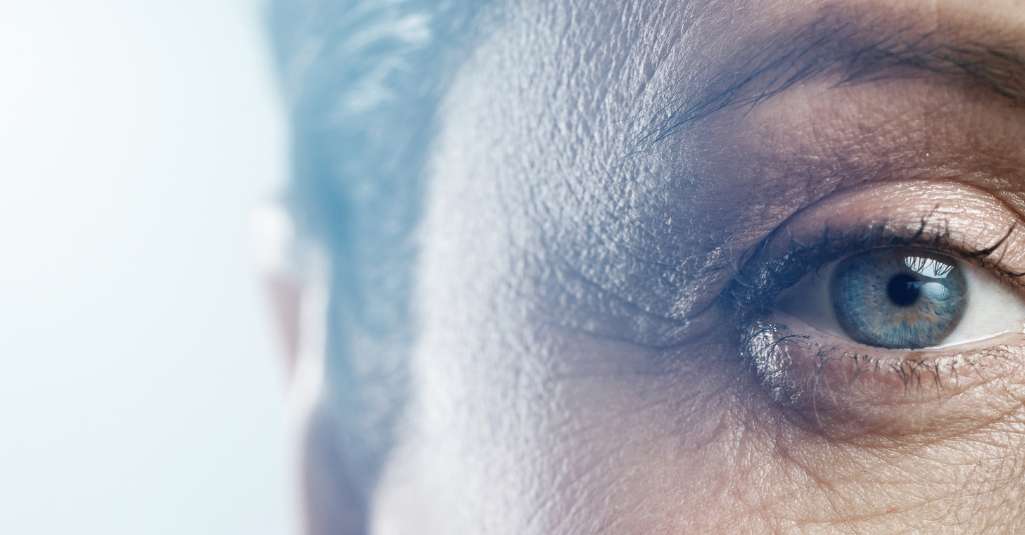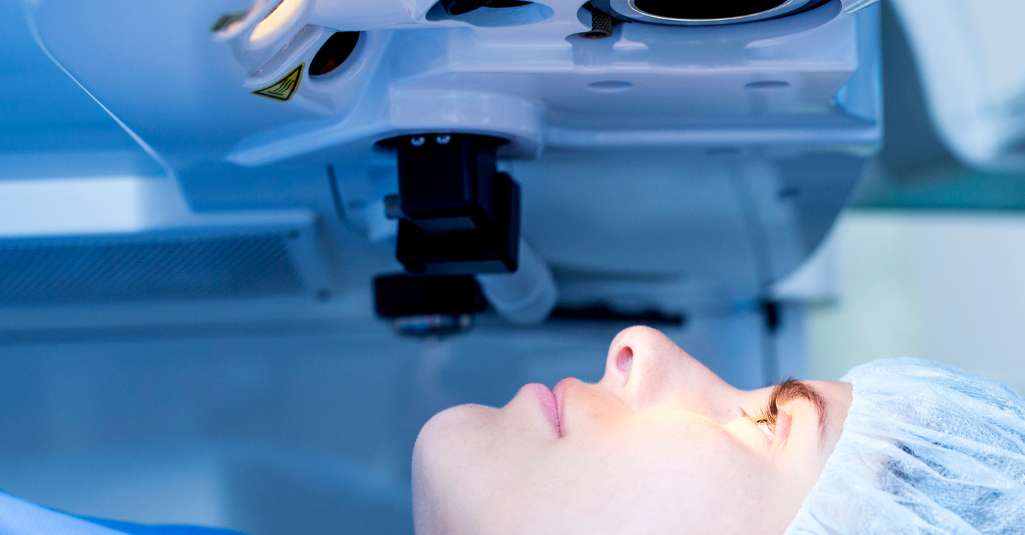Dental implant in Turkey

When it comes to dental implant costs, it’s important to know about the quality and alternatives available. You need to find out how much dental implants cost in Turkey first.
Cost for a dental implant in Turkey
Going to Turkey for a dental implant saves you the most money and gets you the best results if you’re missing teeth. Dental implant in Turkey are thousands of dollars cheaper than in the United States or the United Kingdom. Even if you’re from the UK, getting one dental implant in Turkey might be worth the short trip for both the vacation and the dental procedure.
Between $650 to $1,350, dental implants fees in Turkey. The implant, abutment, and zirconia porcelain crown are all included at this price.
Visiting Turkey for dental implants and crowns might save you a significant amount of money. About 60% to 75%.
In terms of dental procedures, implants are the priciest of all. Many individuals are taken aback by the high prices of dental implants in the United Kingdom and the United States. Additional costs that you aren’t aware of might be encountered during your treatment.
Only a portion of the cost of dental implants is covered by dentists (in the UK, US, or Canada). In the event that you are not aware of this, you may be surprised to hear that the quoted price for a single tooth replacement is greater than it actually is. Technical choices are usually an additional charge, as you’ll see in a moment.
What is the cost of a dental implant in Turkey?
Implant-supported full-tooth reshaping typically has three components:
The major component of an implant is a prosthetic inserted into a patient’s bone. As a foundation
The screwed portion of the implant is referred to as an abutment. It connects the implant with the crown.
A crown is a portion of a tooth that will be visible
Implant treatment is expensive in most nations, with each element and procedure costing money. With teeth Implant treatment in Turkey, there are no hidden fees waiting for you.
When a price is given for dental implants, you should inquire
“How much does the whole dental implant cost?”

Is it worth going to turkey for a dental implant?
Turkey appears to be one of the greatest destinations in the world for high-quality, low-cost dental care. If you require crowns, veneers, dental implants, or any other serious dental treatment, it is highly recommended that you consult a dentist in Turkey.
The primary motivation for traveling to Turkey for dental treatment is the cost. Patients discover that traveling to Turkey reduces expenditures, resulting in savings of 50-70 percent off UK dental charges. Naturally, the more thorough and expensive the procedure, the more cash you stand can save. This is why dental implant in Turkey and veneers are so popular.
People also save money by going to a Turkish dentist for different dental treatments like:
- Teeth whitening
- Crowns & Veneers
- Teeth Bridges
How long do you have to stay in Turkey to get your teeth done?
Three dentist appointments are typically required to perform most aesthetic procedures in a week.
During a three-day stay, implants can be inserted. Some cosmetic dentistry operations, such as Veneers or Crowns, can be completed in as little as four days if you are traveling for a short period of time.
In one appointment, teeth whitening, root canal treatment, and fillings can be done.
Contact us and we’ll tell you exactly how long you should travel based on your specific situation.
The benefits of having dental implants with Turkeymed
In Turkeymed , we offer dental implants of the highest quality. With the help of our dentists, you can have a beautiful smile in a short period of time.
Every patient’s comfort is important to us. Because of this, our doctors take a personalized approach to each patient’s care. Turkey is home to some of the greatest dental implant clinics in the world. It’s because we only use premium materials.
We also have a wide variety of implants to choose from. Here at our dental clinic, we strive to provide our patients with the best possible dental care. You can meet with the dentist for free at our clinic.
Before the procedure, they will check your oral health. A complimentary X-ray is also included. Using this information, the dentist can determine whether or not you are a good candidate for dental implants In addition, you’ll get your answer in a short amount of time.
In just three months, you can have your dental implants installed. Dental implants at our center are also affordable. We also offer complementary services to help you save money.
Choosing our dental implant clinic in Turkey is the best option if you want to receive the best results.
How often do dental implants need to be replaced?
If the patient brushes and flosses their teeth every day and goes to the dentist every six months, the implant screw itself can last a lifetime. The crown, on the other hand, usually only lasts 10 to 15 years before it wears out and needs to be replaced. But if you take good care of your teeth and use the crown carefully, it could last longer than 15 years. How long a dental implant will last also depends on where it is in the mouth. Implants in the back of the mouth are used more when chewing, so they may wear out faster than implants in the front of the mouth.
How long does it take to recover after a dental implant?
The process typically takes approximately three and five months, a large portion of which is dedicated to healing time; however, the length of time required to recover might differ from person to person and is contingent on a number of factors.
How to Take Care of Your implanted teeth?
Usually don’t need any more care than your natural teeth. So, here are a few tips and tricks to help you keep your implant in good shape:
- Brush your teeth at least twice a day. Plaque, tartar, and other gunk can be removed by brushing every day. You should brush your teeth for two minutes twice or three times a day. Be careful, and don’t forget to brush along the gums. Do this once a day.
- It’s just as important to floss as it is to brush. It’s the only way to get food and bacteria out from between the teeth. Talk to your dentist about the tools and methods you can use to floss around your implant to keep it clean and healthy.
- Use a mouthwash that kills germs. Antibacterial mouth rinses help reduce cavities and gingivitis when used along with regular brushing and flossing.
- You should see your dentist often. With cleanings every six months, many people can keep their teeth in good health. Some people need to go more often, especially if they have cavities or gum disease.
- Talk to your dentist or hygienist about how often you should get your teeth cleaned.
How can dental implants fail?
At about 95%, dental implants have one of the best long-term success rates of any way to replace a tooth. But dental implants can fail if they don’t fully bond with the bone around them or if you get an infection that hurts the tissue around them. If the post or abutment piece is broken, you should see your dentist right away to talk about replacing it. Taking out and replacing a failing implant can keep your smile and protect your oral health.
Even though it’s rare, dental implants can fail for a number of reasons, such as:
Failed osseointegration: When implants don’t properly fuse with the bone around them, they can become weak or even fall out. Implants can’t hold a crown, bridge, or denture without a strong, stable base.
Peri-implantitis is a type of infection that happens in the tissue around the implant. This infection causes bone loss and exposes the implant.
Failure due to mechanics: The implant post or abutment can sometimes break. Most of the time, this problem is caused by bad planning at the start.
If you start to feel pain, swelling, or inflammation around your dental implants, or if you notice that your implant is becoming loose, you should call your dentist right away. These are all signs that your implant is failing.
Who Can Get Dental implant?
There are a number of people who are good candidates for dental implants, including those who have recently been injured or lost teeth. As an alternative, persons who have previously worn dentures or a bridge may potentially benefit from dental implants. For dentures to feel more natural and to help you eat and speak more effectively, implants are a wonderful option. Implants can assist people who wear dentures or bridges to keep their jawbones from deteriorating.
Book A Free Consulatation
Useful Links
Privacy Policy
Privacy Policy Welcome to Turkeymed. Your privacy is important to us. This Privacy Policy explains how we collect, use, and protect your personal information when you visit our website and submit your details. 1. Information We Collect When you fill out a form or contact us, we may collect the

SVF Stem Cell Treatment for Hair Loss
Are you struggling with hair loss and searching for an effective, minimally invasive solution? Discover the power of Stromal Vascular Fraction (SVF) stem cell treatment, a cutting-edge approach to hair restoration that uses your body’s natural healing abilities to rejuvenate and regrow hair. What is SVF Stem Cell Treatment? Stromal
Dermomine Micrograft
MORE EFFECTIVE, MORE FASTER A cutting-edge technique designed to improve skin rejuvenation, hair transplantation, and scar treatments. This method leverages a Micrograft system that does not require any additional devices, making it a highly accessible option for people who suffer of hair hair loss. Why Dermomine? High Cell Viability: The

Eye Lasik Operation
The cornea, the transparent front surface of the eye, is reshaped during the LASIK procedure. This is done to ensure that the light that enters the eye is correctly focused into the retina, which should result in little or no need for corrective eyewear such as glasses or contact lenses.

Eye Surgery
Eye LASIK (Laser-Assisted in Situ Keratomileusis): This is a popular surgery for correcting refractive vision problems like nearsightedness, farsightedness, and astigmatism. It involves reshaping the cornea using a laser to improve vision without the need for glasses or contact lenses. Get More Details About Eye Lasik Surgery Cataract Surgery: Cataracts

